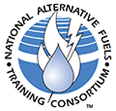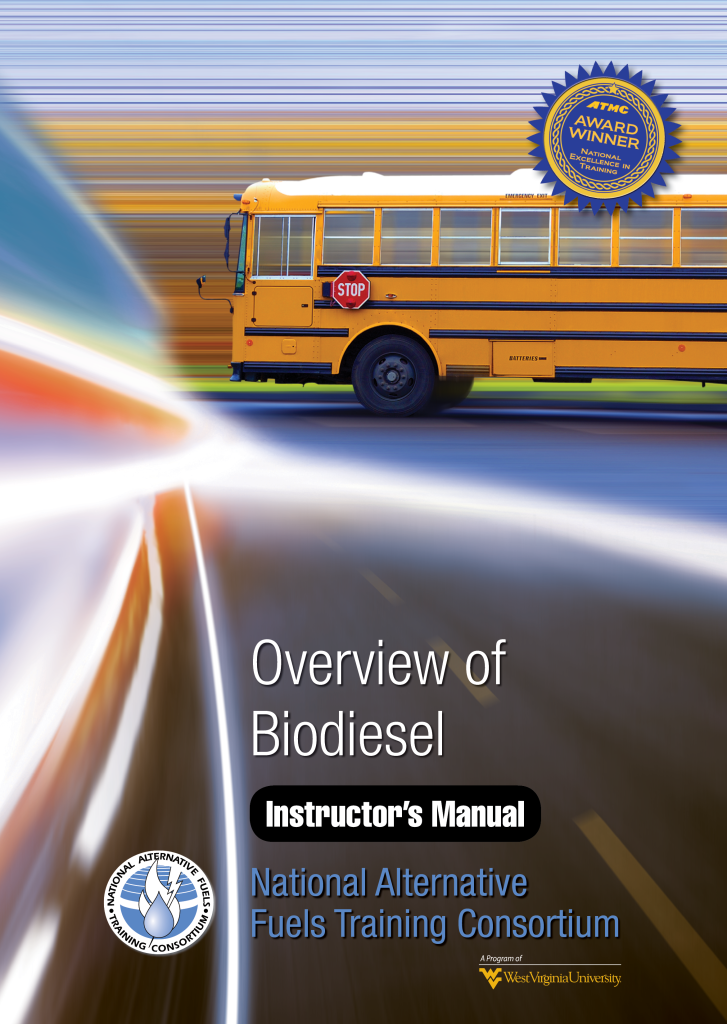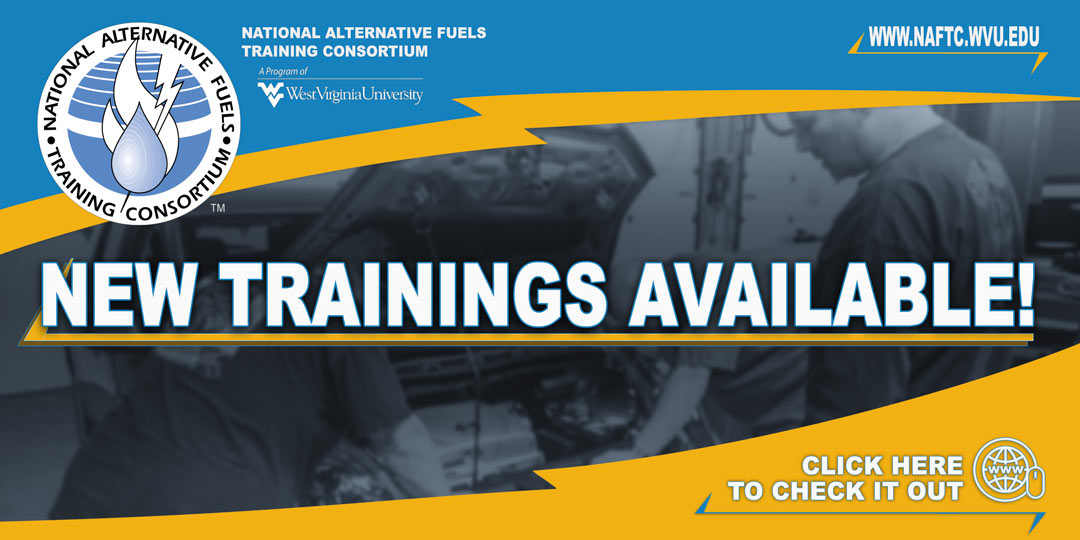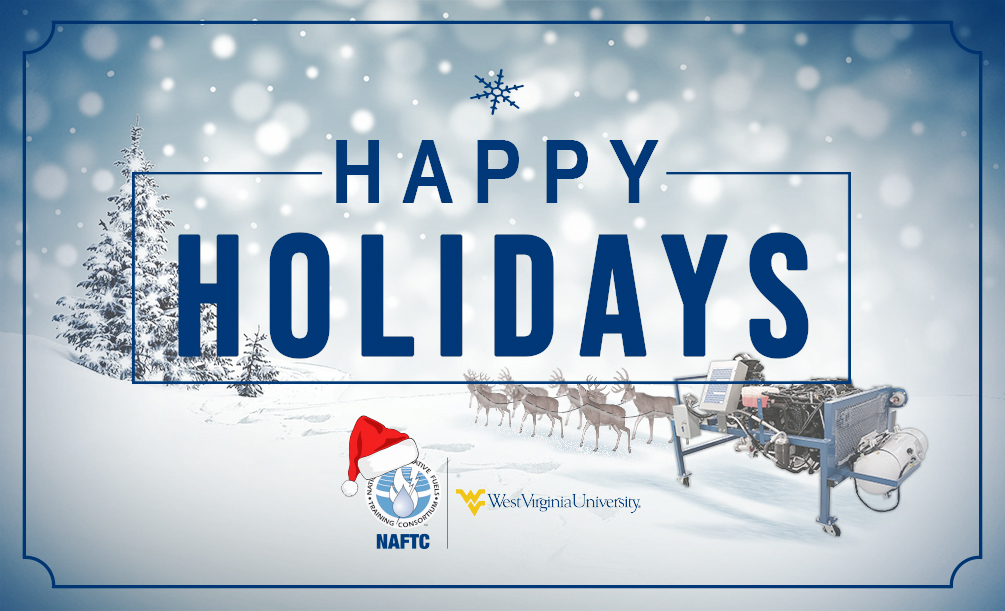Overview Of Biodiesel
Course Description
Available for groups only, this course describes engine systems, biodiesel blends, and biodiesel production. It covers alternatives to petroleum use for transportation. Participants are taught the safety issues concerning the chemicals needed to make biodiesel, biodiesel recipes, and what titration is and the different ways to perform these procedures. The ASTM D6751 standards are discussed in great detail, as will the benefits and drawbacks of biodiesel technology.
After completing this course, participants will be able to:
- Describe alternatives to petroleum use for transportation.
- Discuss the theory and applications of biodiesel.
- List the issues concerning how to make biodiesel.
- Explain what titration is in biodiesel production.
- Understand how biodiesel engines and systems work.
Modules:
- Introduction to biodiesel
- Production of biodiesel and safety guidelines
- Biodiesel challenges
- Biodiesel benefits
For more information email Cristina Dumitrescu at cristina.dumitrescu@mail.wvu.edu or call her (304) 293-6906
Course materials provided:
- Participant manual – ISBN 978-1-933954-11-0
- Each module contains:
- Illustrations
- Explanatory figures and tables
- Review questions
- Key terms
Course designed for:
- Fleet managers
- Automotive technicians
- Code officials / Authorities Having Jurisdiction (AHJs)
- Construction contractors
- Government officials / decision makers
- Clean Cities coalitions




